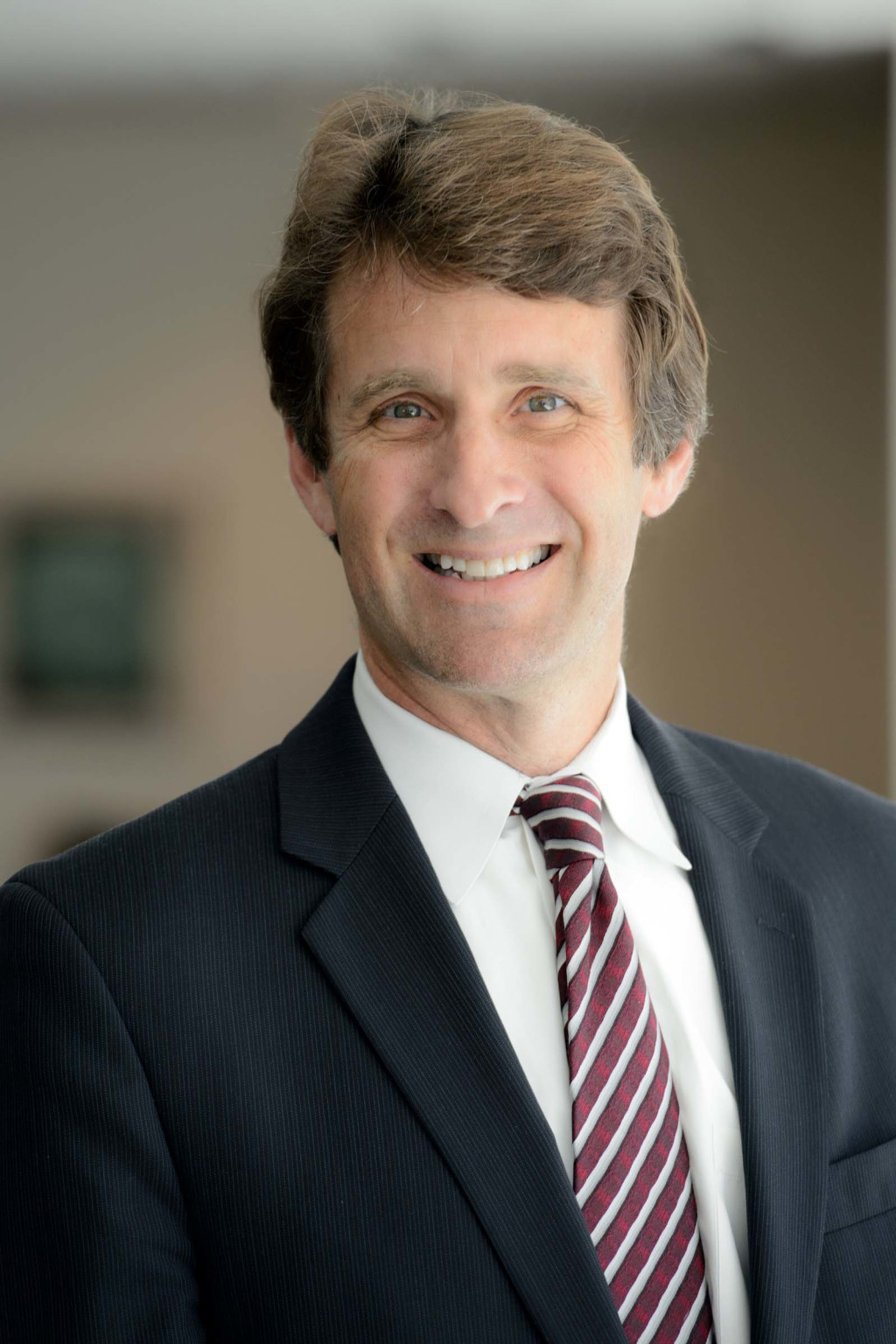America’s Place in the World: It Depends on Where You Stand

Are Americans becoming more isolationist? That appears to be the top-line conclusion from a fascinating new poll released this week by the Pew Research Center and my organization, the Council on Foreign Relations, called America’s Place in the World 2013. In the survey, 52 percent of Americans said that the United States should “mind its own business internationally,” the highest percentage since the question was first asked in 1964, and up from just 30 percent a decade ago.
Similarly, 80 percent of Americans agreed with the statement: “We should not think so much in international terms but concentrate more on our national problems and building up our strength and prosperity here at home.” This is again a record number, and one that has increased fairly steadily over the past half century. It is certainly easy to conclude from numbers like these that America is turning inward.
But I read the poll quite differently. Instead of a cry for withdrawal, Americans want to engage the world in ways that make the United States stronger at home, and reverse the long, insidious decline in living standards for many Americans. The most surprising result in the poll was that -- despite continued weak growth, rising inequality, high unemployment and stagnant wages -- fully 77 percent said that increasing trade and business ties with the rest of the world is a good thing for the United States. Two-thirds say they see more benefits than risks from engagement in the global economy.
The message is very clear: Americans do not want to withdraw from the world, but rather embrace it in ways that bring greater benefits to more Americans. In the face of rising economic challenges and fierce international competition, the public is not calling for withdrawal but rather for measures that increase the gains from globalization. That was the core recommendation of the CFR Independent Task Force on U.S. Trade and Investment Policy, on which I served as co-project director, which called for “a pro-America trade policy that brings to more Americans more of the benefits of global engagement.”
An equally fascinating insight from the poll is that achieving that goal of more broadly shared benefits from globalization may require a re-thinking by America’s elite more than by its broader public. Alongside the general public opinion survey, Pew surveyed nearly 2,000 members of the Council on Foreign Relations. CFR members are, by any reasonable definition, an elite, representing those with distinguished records of success in business, finance, politics, government, law and other fields. (Full disclosure – while I am employed by the Council on Foreign Relations and work with CFR members in many different capacities, I am not a “member” of CFR.)
On most questions asked in the survey, the public is not markedly more isolationist than CFR members, which is a surprising result. Both are similarly concerned about discouraging terrorist attacks and preventing the spread of weapons of mass destruction, and are similarly cautious over policies aimed at improving living standards in developing nations and promoting democracy. CFR members are more worried about climate change (57 percent vs. 37 percent of the public), but the public is actually more keen on strengthing the United Nations (37 percent vs 17 percent for CFR members) and promoting human rights abroad (33 vs. 19).
Where the differences are stark, Pew notes, is that “many of the public’s domestically oriented goals are not shared by most members of the Council on Foreign Relations.” Fully 81 percent of Americans believe that “protecting jobs of American workers” should be a top foreign policy concern vs. just 29 percent of CFR members. And only one-in-ten CFR members is worried about reducing illegal immigration, compared to half of the general public.
The poll does not try to explain those big gaps, but the reasons are fairly easy to deduce. CFR members are generally not concerned about losing their jobs to overseas competition – indeed they mostly fall into a social class that has prospered from globalization. Nor would they be much concerned over competition for jobs from unauthorized immigrants, which affects primarily low-skilled, low-wage Americans. It is possible that slightly different wordings would have elicited different responses. “Protectionism” is such a discredited term, for example, that if the poll had asked instead about “expanding jobs for American workers,” CFR members might have been more enthusiastic. But there is clearly a great divide here.
I found one question particularly fascinating. When asked whether it was a good for the U.S. economy if foreign companies set up operations, not surprisingly 96 percent of CFR members agreed. But 62 percent of the general public also favors such foreign investment, presumably for the jobs and higher wages it brings. Going the other way, however, 73 percent of CFR members also thought it was also good for the U.S. economy if American companies move abroad; an equal number of the general public disagreed, saying this would hurt the U.S. economy. Again, the difference is not surprising. As my former Financial Times colleague (and now Liberal member of the Canadian Parliament) Chrystia Freeland has written so eloquently, the new elite is global and mobile, whereas most Americans are not.
The poll results represent a clear challenge to those who have benefited greatly from globalization to help in spreading those benefits more widely. It is not a cry from an American public that wants to reject the world, but rather a plea from many who want to be fully included.
